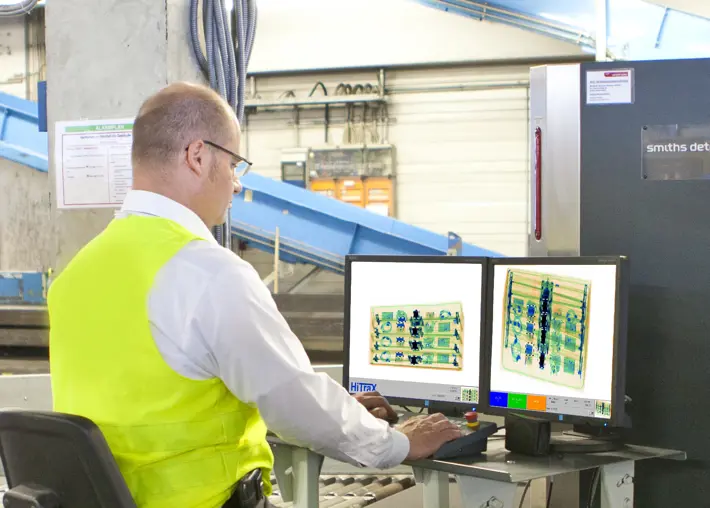Automated detection solutions are critical to enhancing the flow of freight, says Smiths Detection global director of aviation Richard Thompson
As an industry that trades on speed, efficiency for air cargo carriers will always be paramount. In an increasingly globalized and digitized world, with international trade and e-commerce growing, delivery times shorten and global manufacturing supply chains tighten. This focusses the challenge on efficiency.
Efficiency challenges are soon to be further compounded by the global distribution of COVID-19 vaccines and the need for other essential medical supplies, which will create additional handling volumes. Facing these immense pressures, the need for speed has never been greater, but with this pressure, security outcomes cannot be compromised.
The good news is that technological advances are leading to increasingly automated screening solutions which not only boost security levels but reduce operator burden and significantly speed up the screening process, creating a far more seamless flow of goods.
One of the key developments in automatic detection is artificial intelligence-based (AI) object recognition. Cargo screening equipment is now being enhanced with ‘smart’ algorithms which identify an ever-expanding list of dangerous goods and contraband. These algorithms can be trained through machine learning techniques to offer powerful and accurate detection of objects.
With a very high level of detection, these AI algorithms also have the capability to drive down false alarm rates. There is potential to combine the automatic explosives detection capability of a scanner with object recognition for more accurate judgements on the threat potential of a shipment. The alarms triggered by automatic explosives detection algorithms could be verified by object recognition algorithms. If no threat is identified, the freight would not need to be rechecked by an operator. This massively accelerates the movement of goods through screening checks.
System performance and reliability is also key to efficiency, and for mission critical operations such as the delivery of a COVID-19 vaccine, system downtime or emergency maintenance cannot be tolerated. Asset Performance Management (APM) has a pivotal role in enabling zero-unexpected system failures. Cargo scanners can be equipped with sensors which provide swathes of data. This data can be analysed by machine learning algorithms to provide early warning of any potential system faults and recommended actions, such as the replacement of component parts. Through a preventative maintenance approach underpinned by AI, system downtime can be minimised to create little to no impact on cargo operators, with automatic ticketing, parts ordering and proactively scheduled repairs outside of operational hours.
Next-generation automation technologies are already transforming the logistics sector – boosting productivity and operational efficiency. The cargo screening process cannot be foregone, so implementing automated detection solutions is critical to enhancing the smooth flow of freight. As security threats emerge and evolve in complexity, automation will also be invaluable in placing the sector on the front foot to address the security challenges of the future.
This article was first published in the winter 2020 issue of Airline Cargo Management.

